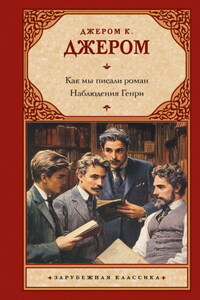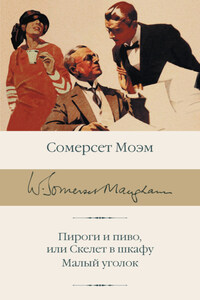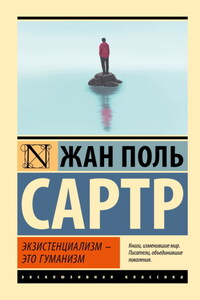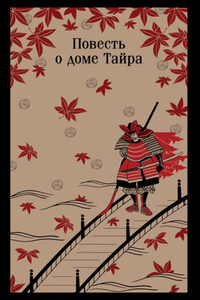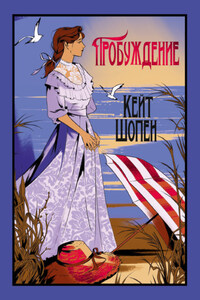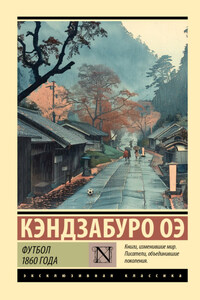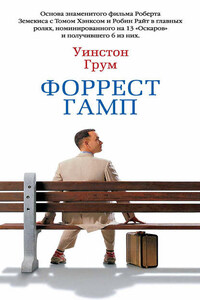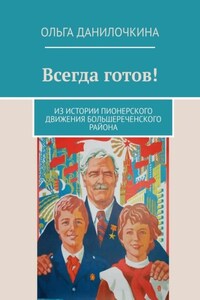In the following pages will be found the only authentic account of an affair which provided London, and indeed all England, with material for speculation and excitement for a period of at least nine days.
So many inaccurate versions have been circulated, so many ill-natured and unjust aspersions have been freely cast, that it seemed advisable for the sake of those principally concerned to make a plain unvarnished statement of the actual facts. And when I mention that I who write this am the Theodore Blenkinsop whose name was, not long since, as familiar in the public mouth as household words, I venture to think that I shall at once recall the matter to the shortest memory, and establish my right to speak with authority on the subject.
At the time I refer to I was – and for the matter of that still am – employed at a lucrative salary as taster to a well-known firm of tea-merchants in the City. I occupied furnished apartments, a sitting-room and bedroom, over a dairy establishment in Tadmor Terrace, near Baalbec Road, in the pleasant and salubrious district of Highbury.
Arrived at the age of twenty-eight, I was still a bachelor and had felt no serious inclination to change my condition until the memorable afternoon on which the universe became transformed for me in the course of a quiet stroll round Canonbury Square.
For the information of those who may be unacquainted with it, I may state that Canonbury Square is in Islington; the houses, though undeniably dingy as to their exteriors, are highly respectable, and mostly tenanted by members of the medical, musical, or scholastic professions; some have balconies and verandahs which make it difficult to believe that one has not met them, like their occupiers, at some watering place in the summer.
The square is divided into two by a road on which frequent tramcars run to the City, and the two central enclosures are neatly laid out with gravelled paths and garden seats; in the one there is a dovecot, in the other there are large terra-cotta oil-jars, bringing recollections of the Arabian Nights and the devoted Morgiana.
All this, I know, is not strictly to the point, but I am anxious to make it clear that the locality, though not perhaps a chosen haunt of Rank and Fashion, possesses compensations of its own.
Strolling round Canonbury Square, then, I happened to glance at a certain ground floor window in which an art-pot, in the form of a chipped egg hanging in gilded chains and enamelled shrimp-pink, gave a note of femininity that softened the dusty severity of a wire blind.
Under the chipped egg, and above the top of the blind, gazing out with an air of listless disdain and utter weariness, was a lovely vivid face, which, with its hint of pent-up passion and tropical languor, I mentally likened to a pomegranate flower; not that I have ever seen a pomegranate flower, though I am more familiar with the fruit – which, to my palate, has too much the flavour of firewood to be wholly agreeable – but somehow it seemed the only appropriate comparison.
After that, few days passed on which I did not saunter at least once round the square, and several times I was rewarded by the sight of that same exquisite face, looking out over the wire blind, always with the same look of intense boredom and haughty resentment of her surroundings – a kind of modern Mariana, with an area to represent the moat.
I was hopelessly in love from the very first; I thought of nothing but how to obtain admission to her presence; as time went on, I fancied that when I passed there was a gleam of recognition, of half-awakened interest in her long-lashed eyes, but it was difficult to be certain. On the railing by the door was a large brass plate, on which was engraved: "Æneas Polkinghorne, Professor of Elocution. Prospectus within." So I knew the name of my divinity. I can give no greater indication of the extent of my passion, even at this stage, than by saying that I found this surname musical, and lingered over each syllable with delight.
But that brought me no nearer to her, and at last a plan occurred to me by which the abyss of the area that separated us might possibly be bridged over. Nothing could be simpler than my device – and yet there was an audacity about it that rather startled me at first. It was this: the brass plate said "Prospectus within." Very well, all I had to do was to knock boldly and ask for one, which, after some natural hesitation, I did.
Any wild hope of obtaining an interview with Miss Polkinghorne was doomed to instant disappointment. I was received by the Professor himself, a tall, stout, flabby person, with sandy hair combed back over his brow and worn long behind, who showed a most sympathetic interest in me, inquiring whether I wished to be prepared for the Church, the Stage, or the Bar, or whether I had any idea of entering Parliament. I fear I allowed him to suppose the latter, although I am about as likely to get into Parliament as into an imperial pint measure; but I had to say something to account for my visit, and the tea-trade does not call for much in the way of oratorical skill from its votaries.

